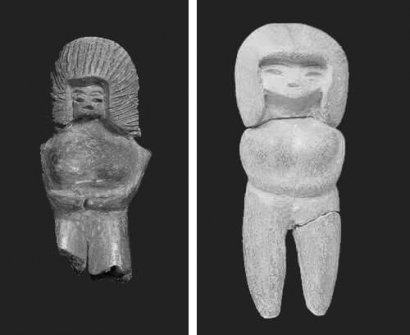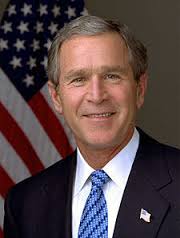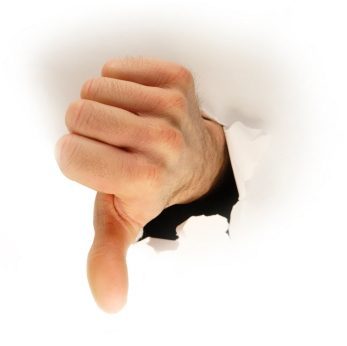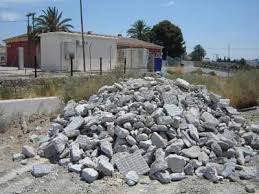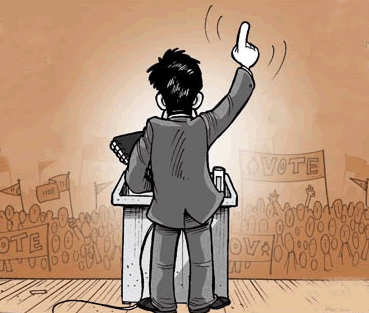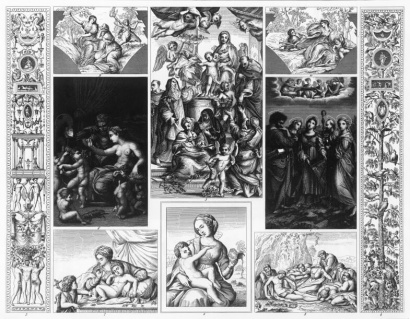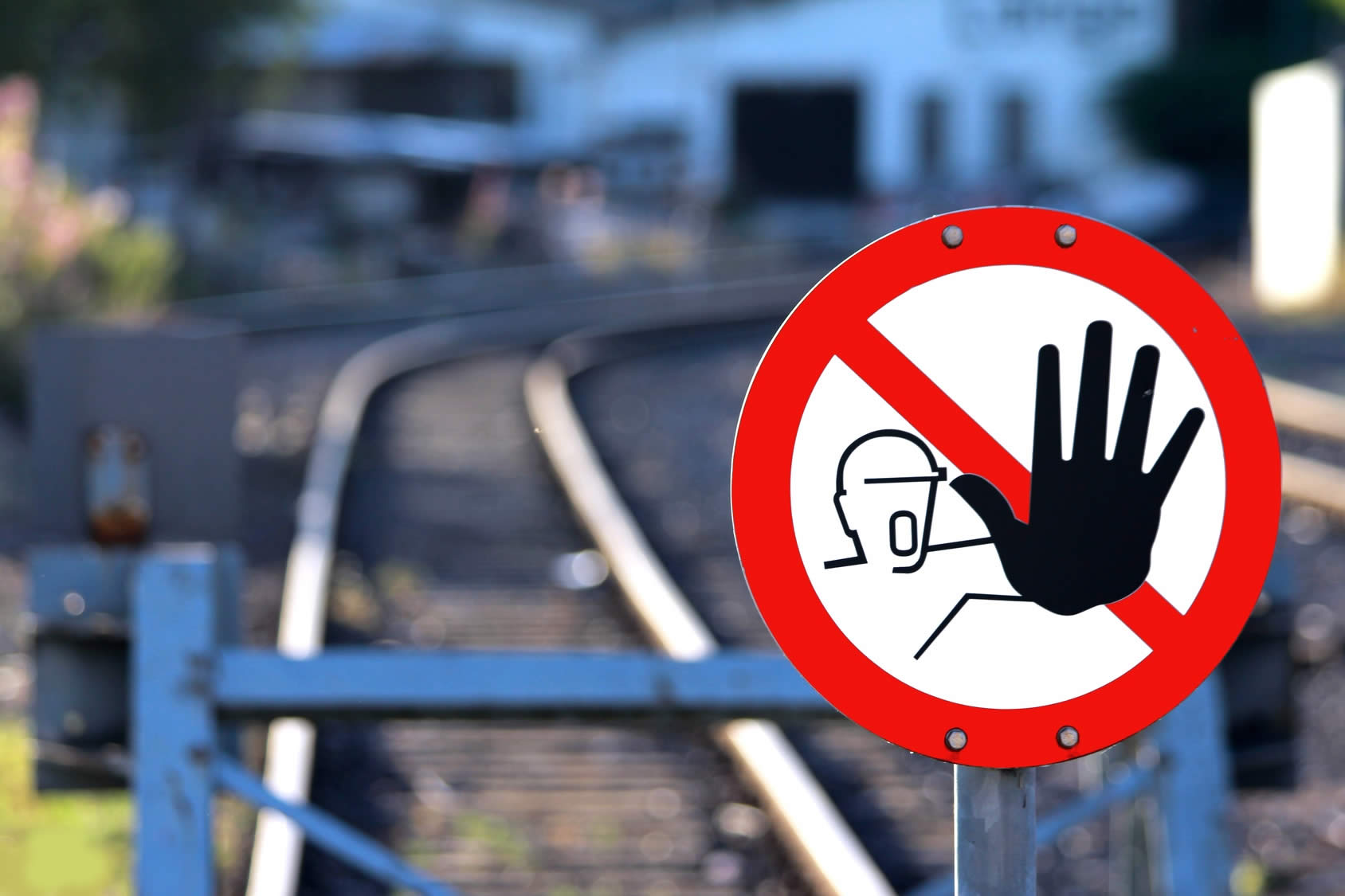 At the end of the 18th century some French merchants and businessmen organized a protest campaign to oppose state interference. One of the slogans used to express their discomfort was "laissez faire, laissez passer", which literally means "let it go, let it pass". With this concept they were communicating an aspiration: economic activity should not be subject to excessive state control.
At the end of the 18th century some French merchants and businessmen organized a protest campaign to oppose state interference. One of the slogans used to express their discomfort was "laissez faire, laissez passer", which literally means "let it go, let it pass". With this concept they were communicating an aspiration: economic activity should not be subject to excessive state control.
The laissez faire campaign crossed French borders and quickly became popular in countries such as Great Britain and the United States.
A concept commonly used against state intervention
The protest slogan became an economic doctrine. This French expression is used in two senses. On the one hand, it is synonymous with anti-interventionism and, at the same time, it is used in opposition to the idea of nationalization.
The theorists of economic liberalism were the first to defend the doctrine of laissez faire. Scottish economist Adam Smith is considered the father of liberalism and the first theorist of capitalism.
Liberalism and capitalism are closely linked and both are based on the following general principles: the defense of freedoms and individual rights, free trade, freedom of business and respect for private property. The defense of these ideals necessarily implies that the state should not interfere in economic affairs. Consequently, the laissez faire doctrine is an essential part of any liberal approach.
Liberals may disagree on many points, but they mostly share the following ideas:
1) freedom is the fundamental value of politics and economics,
2) the government of a nation should intervene in society only when freedoms are threatened,
3) respect for all individuals is more important than the community and the idea of a common good is considered an abstraction that lacks meaning or that ends up justifying the collectivist approaches to communism,
4) Liberals are skeptical of any form of power, including state power,
5) defend the equality of all individuals before the law and
6) the economic system must be organized spontaneously and with the least possible intervention of the state (at this point is where the idea of laissez faire is most appreciated).

A leadership style
Concepts evolve and laissez faire is a good example of this. Apart from an economic doctrine, this expression is also used to refer to a leadership modality.
There are leaders and bosses who want to control all the processes of their subordinates and adopt a very controlling attitude. Another very different attitude in leadership is laissez faire. Those who adopt this position provide the tools to their work team to get the different projects underway.
In short, these leaders intervene as little as possible in the daily work of the workers and only participate when they can help.
Photos: Fotolia - Korni007 / Tobias Arhelger
